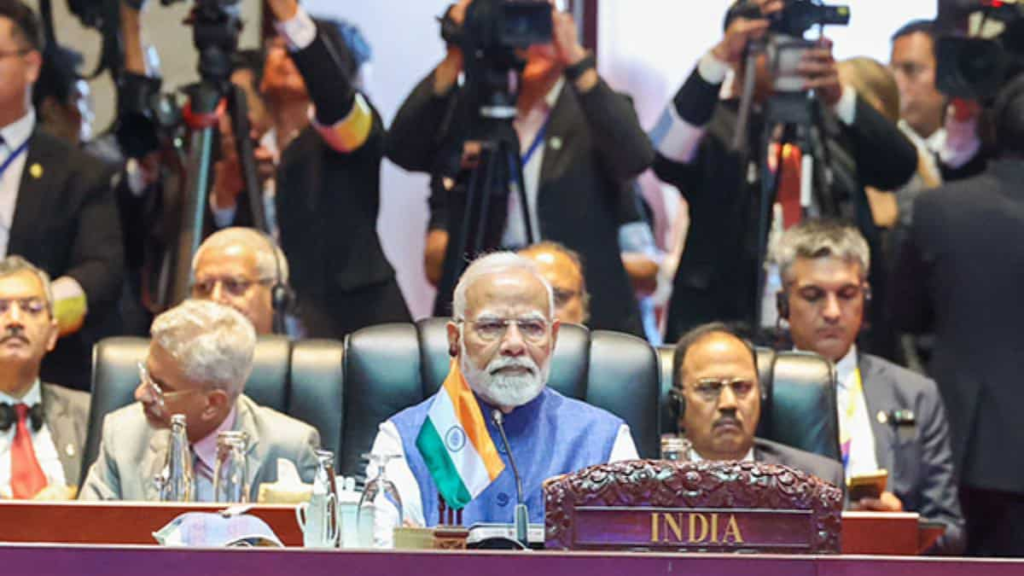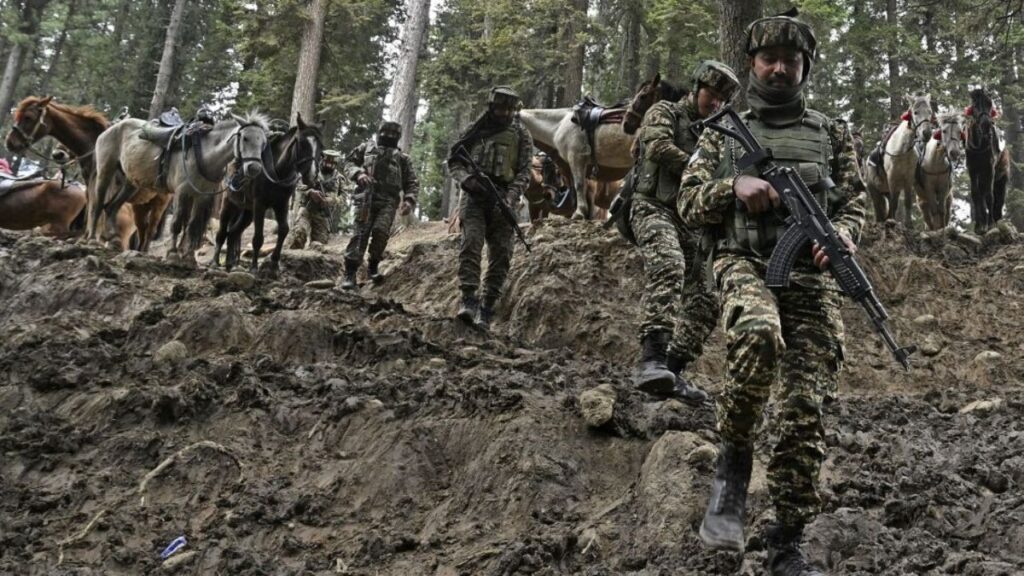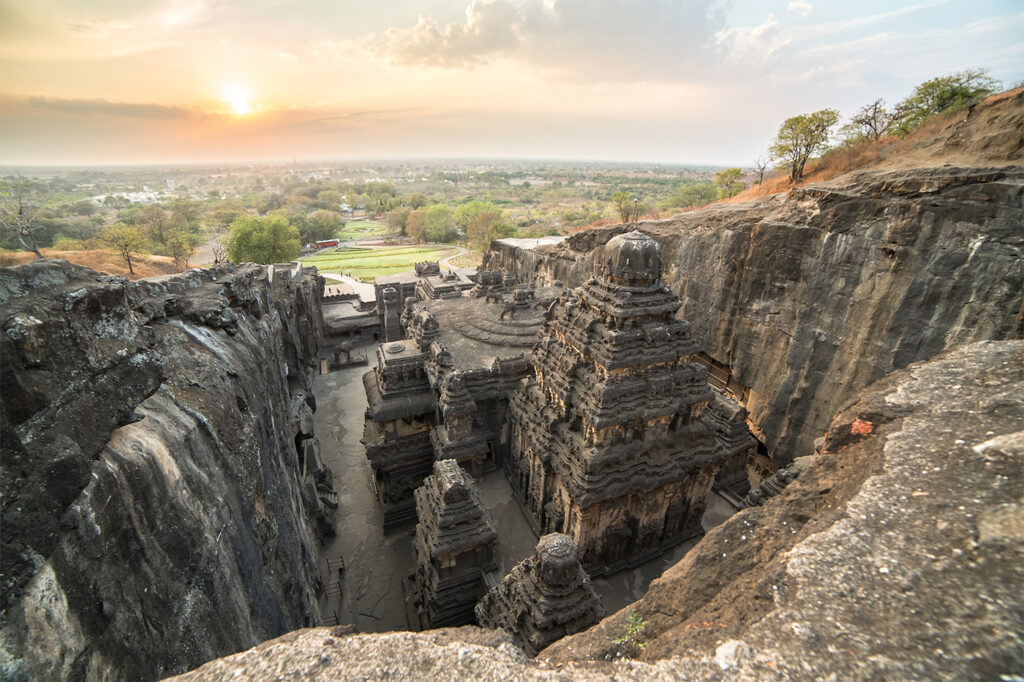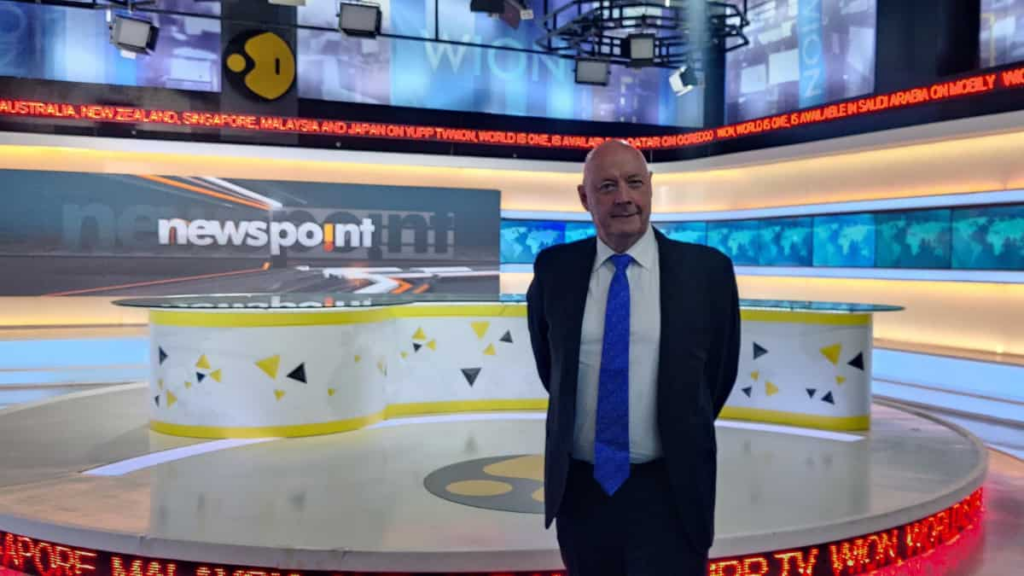
East Asia Summit an ‘important pillar’ of India’s Act East Policy: PM Modi
Prime Minister Narendra Modi, who was the first leader to speak at the 19th East Asia Summit on Friday following the host and the incoming chair Lao PDR, has termed the Summit as an “important pillar” of India’s Act East Policy. He stressed that the revival of Nalanda was India’s commitment given at the East Asia Summit.
India is marking 10 years of its Act East Policy.
In his address at the East Asia Summit PM Modi said India has always supported ASEAN unity and centrality and that ASEAN is at the centre of ASEAN’s Indo-Pacific vision as well as Quad cooperation.
PM Modi said, “The revival of Nalanda was our commitment given in the East Asia Summit. In June this year, we have fulfilled it by inaugurating the new campus of Nalanda University. I invite all the countries present here to the Heads of Higher Education Conclave to be held in Nalanda. The East Asia Summit is an important pillar of India’s Act East Policy.”
He congratulated his Laos counterpart Sonexay Siphandone for organising East Asia Summit well and conveyed his best wishes to the upcoming chair Malaysia. He assured full support to Malaysia for their successful Presidency.
In his remarks on West Asia, PM Modi stated that “everyone wants whether it is Eurasia or West Asia, peace and stability should be restored as soon as possible.”
“The conflicts going on in different parts of the world are having the most negative impact on countries of the Global South,” he stated.
PM Modi said that he has repeatedly said that “this is not an era of war” and the solutions to problems cannot be solved on the battlefield. He said it is necessary to respect sovereignty, territorial integrity and international laws.
In his address, PM Modi stated, “I come from the land of Buddha, and I have repeatedly said that this is not the era of war. The problems cannot be solved on the battlefield. It is necessary to respect sovereignty, territorial integrity and international laws. Keeping a humanitarian approach, dialogue and diplomacy will have to be given priority. Fulfilling the responsibility of a ‘Vishwabandhu’, India will continue to make every possible contribution in this direction.”
Terming terrorism as a “serious challenge” to global peace, PM Modi stated, “Terrorism is also a serious challenge to global peace and security. To face this, forces believing in humanity will have to work together. And, mutual cooperation in the areas of cyber, maritime and space will also have to be strengthened.”
The East Asia Summit refers to the Meeting of Heads of States/Governments of the EAS participating countries which is convened annually. The EAS process was initiated in 2005 with the convening of the 1st East Asia Summit in Kuala Lumpur, Malaysia.
At its inception, the East Asia Summit comprised 16 participating countries, namely ASEAN Member States, Australia, China, India, Japan, New Zealand, and South Korea. In 2011, the US and Russia joined at the 6th East Asia Summit in Bali.
At the Summit, the Prime Minister also called for a “peaceful” South China Sea and also stressed upon following UNCLOS, freedom of navigation and air space in the region.
PM Modi also called for a code of conduct in the South China Sea that doesn’t impinge on the rights of others. “Peace, security and stability of the South China Sea are in the interest of the entire Indo-Pacific region,” he said.
Earlier in the day, PM Modi met US Secretary of State Antony Blinken on the sidelines of the Summit and extended condolences on the loss of at least 14 lives in the US due to Hurricane Milton since Wednesday.
On Thursday, PM Modi participated in the 21st ASEAN-India Summit. His visit is significant as this year marks a decade of India’s Act East Policy.
Sharing the details of PM Modi’s visit to Laos, the MEA said on Thursday, “PM Modi has arrived in Vientiane, the capital of Laos. At the airport, he was received by senior ministers of the Laos government and accorded a ceremonial welcome but what was truly special was the warm and very significant, meaningful welcome that he received at the hotel.”
Upon arrival, the Prime Minister was welcomed by the Minister of Home Affairs of Laos, Vilayvong Bouddakham. He was accorded a ceremonial Guard of Honour in the capital city of Vientiane.
Following that, he interacted with the Indian diaspora in Vientiane. He greeted Indian community members as they were excited to meet him outside the hotel in Laos.
Upon his arrival in Laos, PM Modi also witnessed an episode of Lao Ramayan – called Phalak Phalam performed by the prestigious Royal Theatre of Luang Prabang. Ramayan continues to be celebrated in Laos, along with several other facets of Indian culture and tradition that have been practised and preserved in Laos for centuries.
Disclaimer: This story has been published from a news agency feed with minimal edits to adhere to WION’s style guide. The headline may have been changed to better reflect the content of the story or to make it more suitable for WION audience.





Responses